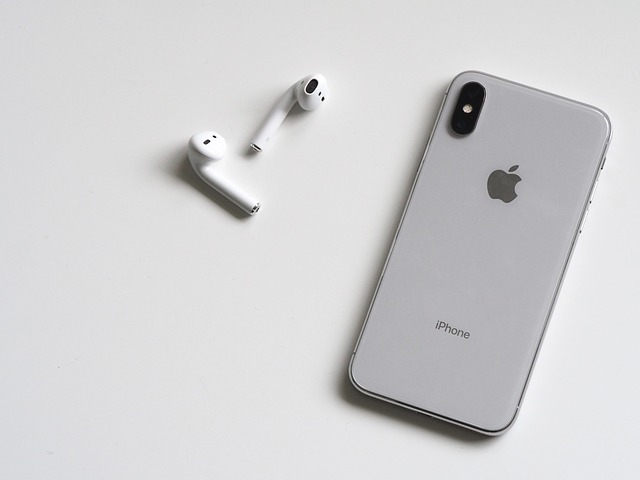I don’t know about you but I spend a lot of time online. Granted, much of this is allocated to my work and I also see clients on video. Occasionally, though, it gets to me and I start feeling like – where is my real life? That’s when I know I need to step away for an afternoon or a day – I have to have a break!
The other thing I experience is getting sucked into a rabbit hole of whatever looks interesting on the internet. And there is always something interesting on the internet to siphon off my attention if I allow it. Forty-five minutes later, I’m back and what was I working on again?

Image by Jess Bailey from Pixabay
I have been hearing a lot about digital minimalism and it has intrigued me. So what is it? Digital minimalism is a lifestyle philosophy that advocates for intentional and mindful use of digital technology. It emphasizes the importance of reducing digital clutter, distractions, and over-reliance on technology to create a healthier and more balanced life. In our hyper-connected world, adopting digital minimalism can have numerous benefits for our mental, emotional, and even physical well-being.
One of the key reasons why digital minimalism is healthy is its ability to reduce stress and anxiety. Constant notifications, scrolling on social media, and a barrage of emails can overwhelm our brains and contribute to feelings of stress and anxiety. By consciously limiting our digital consumption and focusing on what truly matters to us, we can create a more serene and peaceful environment for ourselves. Take email, for example. When I open up an overly full inbox, I can actually feel myself tense up ever so slightly and I know it’s time to clear it out.
Digital minimalism also promotes better focus and productivity. When we are not constantly bombarded by digital distractions, we can allocate our time and energy more effectively to tasks that require deep concentration and creativity. This can lead to improved work performance, better decision-making, and a greater sense of accomplishment.
Digital minimalism also encourages us to cultivate meaningful relationships and experiences. Excessive use of digital devices can sometimes replace real-world interactions and experiences, leading to a sense of disconnect and loneliness. Prioritizing offline activities, such as spending quality time with family and friends, pursuing our interests, or enjoying nature, helps us foster deeper connections and enriches our experience.
Being mindful about our use of digital devices can also have positive effects on health. Excessive screen time has been linked to various health issues, including eye strain, sleep disturbances, and sedentary behavior. Reducing screen time and incorporating more physical activity and outdoor time into our daily routine boosts our mood and reduces our time being deskbound.
Being more mindful about incorporating digital minimalism can lead to a healthier and more balanced life. We can do this by being more intentional about our digital habits, reducing distractions, and prioritizing more meaningful experiences. Doing this will reduce stress, improve focus and productivity, cultivate other interests and improve relationships. It’s not about completely abandoning technology, but rather using it in a way that serves us and adds value to our lives without compromising our sense of well-being.